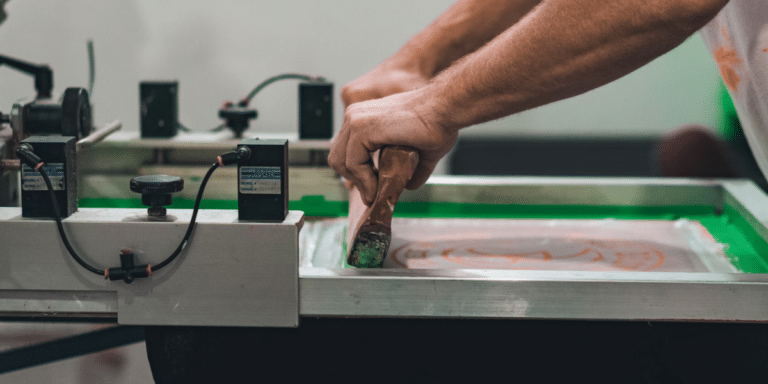Completing a rehabilitation program is a significant milestone in the journey toward recovery from addiction. However, maintaining sobriety and navigating the challenges of everyday life post-rehab can be daunting. This is where aftercare programs become essential. The importance of aftercare lies in its ability to provide ongoing support and reduce the risk of relapse.
Understanding the importance of aftercare can help individuals prepare for the next steps in their recovery journey, ensuring they have the resources and support necessary to sustain long-term sobriety.
What Is Aftercare?
Aftercare refers to the continuum of care that follows the initial phase of addiction treatment, such as inpatient or outpatient rehab. It encompasses a range of services designed to support individuals as they transition into daily life, helping them cope with potential triggers, rebuild relationships, and establish a healthy, fulfilling routine.
Key Components of Aftercare Programs
- Individual Counseling: Ongoing one-on-one therapy to address personal challenges and reinforce coping strategies.
- Group Therapy: Peer support groups that provide a sense of community and shared experiences.
- Family Therapy: Involving loved ones to mend relationships and foster a supportive home environment.
- Sober Living Homes: Structured living environments that offer stability and accountability.
- Educational Workshops: Programs focused on life skills, employment assistance, and personal development.
- Relapse Prevention Planning: Developing strategies to recognize and manage triggers and high-risk situations.
Why Aftercare Matters
1. Reducing the Risk of Relapse
A critical function of aftercare is to minimize the chances of returning to substance use.
- Continued Support: Regular therapy sessions and support groups help individuals stay accountable and motivated.
- Skill Reinforcement: Aftercare programs reinforce the coping mechanisms learned during initial treatment.
- Monitoring Progress: Ongoing assessments allow for adjustments to the recovery plan as needed.
2. Easing the Transition to Daily Life
Adjusting to life outside of a treatment facility can be challenging.
- Structured Support: Aftercare provides a framework that helps individuals navigate daily responsibilities.
- Building Healthy Relationships: Guidance on establishing positive social networks and repairing strained relationships.
- Life Skills Development: Assistance with job searches, education opportunities, and other practical needs.
3. Addressing Co-occurring Disorders
Many individuals in recovery also struggle with mental health issues.
- Integrated Treatment: Aftercare programs often include support for conditions like depression, anxiety, or PTSD.
- Medication Management: Ongoing medical supervision to manage any necessary medications.
- Holistic Approaches: Incorporating activities like mindfulness, exercise, and nutrition to support overall well-being.
4. Providing a Safe Environment
For some, returning to their previous living situation may not be conducive to recovery.
- Sober Living Homes: Offer a drug-free environment with rules and support systems in place.
- Community Resources: Connecting individuals with local organizations that promote sober activities.
Creating an Effective Aftercare Plan
An individualized aftercare plan is crucial for continued success in recovery.
Steps to Develop Your Plan
- Assess Personal Needs: Consider factors like family support, employment, housing, and mental health.
- Set Realistic Goals: Define what you want to achieve in both the short and long term.
- Choose Appropriate Services: Select the aftercare components that fit your situation.
- Establish a Support Network: Include family, friends, counselors, and support groups.
- Monitor and Adjust: Regularly review your plan and make adjustments as necessary.
Overcoming Barriers to Aftercare
Stigma and Shame
- Challenge Misconceptions: Understand that seeking ongoing help is a sign of strength, not weakness.
- Build a Supportive Circle: Surround yourself with people who encourage your recovery efforts.
Financial Constraints
- Insurance Coverage: Many aftercare services are covered by insurance plans.
- Sliding Scale Fees: Some programs offer fees based on income.
- Community Resources: Look for free or low-cost support groups and services in your area.
Lack of Access
- Transportation Solutions: Seek programs that offer virtual options or assistance with transportation.
- Flexible Scheduling: Find services that accommodate your work or family commitments.
The Role of Loved Ones in Aftercare
Family and friends can significantly impact the success of aftercare.
- Provide Emotional Support: Offer encouragement and understanding without judgment.
- Participate in Family Therapy: Engage in counseling sessions to improve communication and relationships.
- Respect Boundaries: Allow your loved one to take responsibility for their recovery while being available when needed.
Conclusion
The journey to recovery doesn’t end after completing a rehab program; in many ways, it’s just the beginning. Recognizing the importance of aftercare can empower individuals to continue their progress and maintain sobriety. By engaging in aftercare programs, those in recovery can access the tools, support, and resources necessary to navigate the challenges of everyday life and build a healthier, more fulfilling future.
If you or a loved one is transitioning out of rehab, consider exploring comprehensive aftercare options to ensure ongoing success in your recovery journey.
Published by Charlie N.








